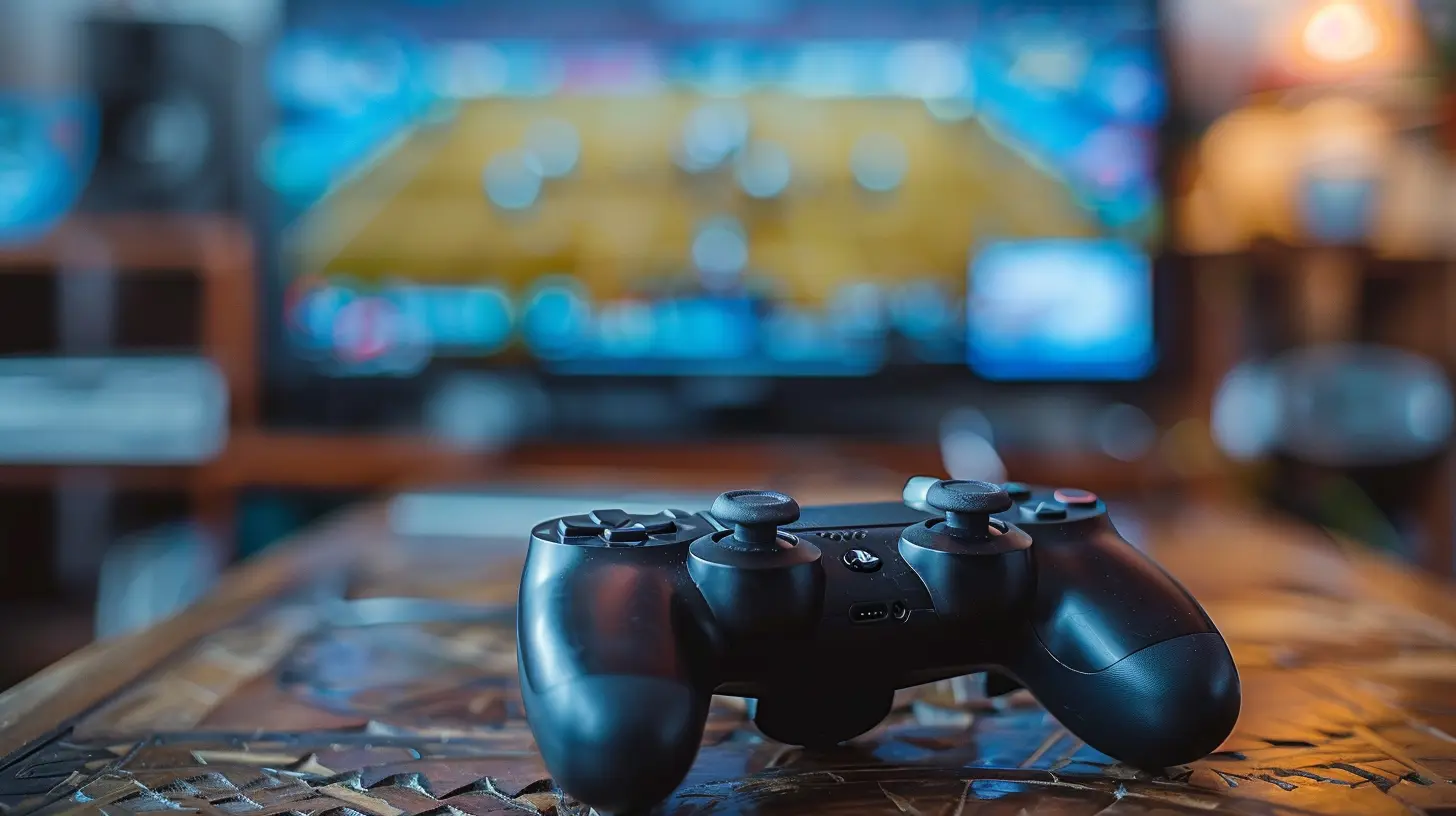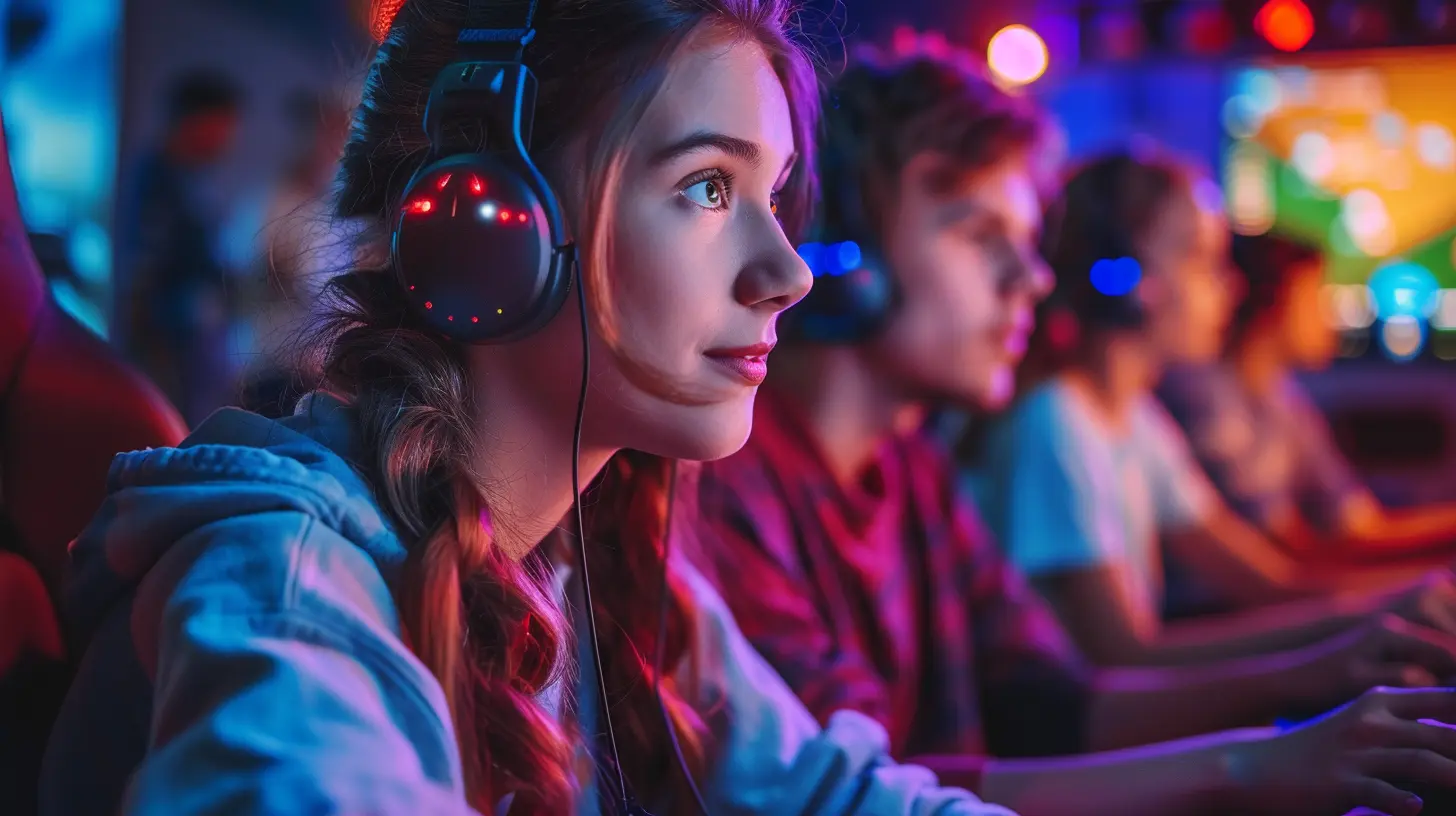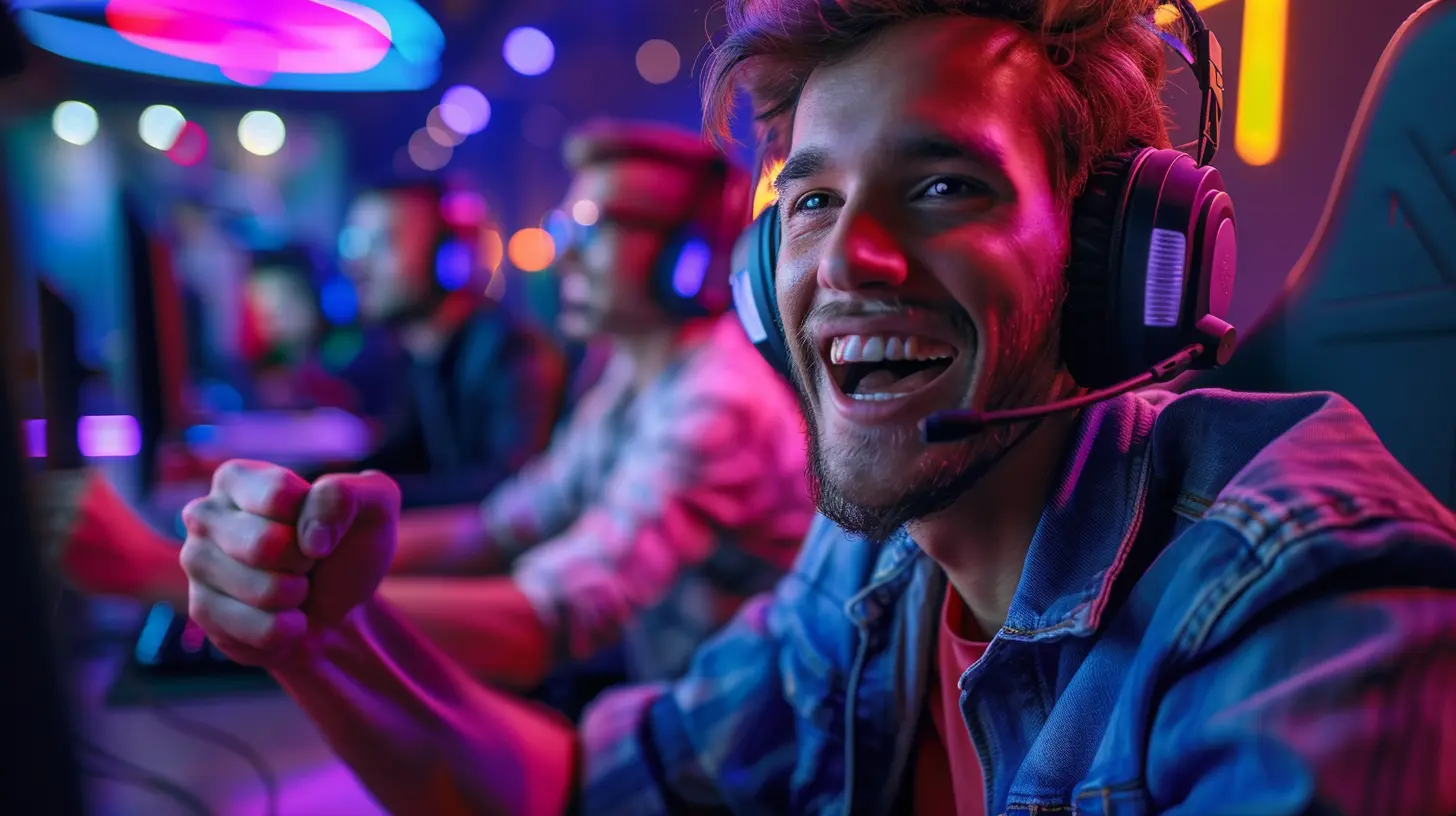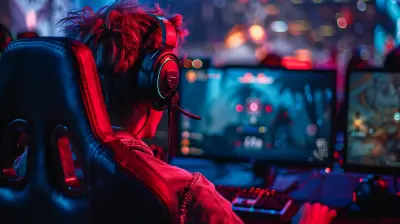The Global Impact of Esports on Traditional Sports
29 September 2025
Let’s be real. Ten years ago, if someone told you video games would be filling massive stadiums, pulling in millions of viewers, and competing with traditional sports like football or basketball—you probably would’ve laughed. But here we are. Esports isn't just a buzzword anymore. It's a global movement redefining how we think about competition, entertainment, and even athleticism.
In a world where people idolized Michael Jordan and Cristiano Ronaldo, names like Faker, s1mple, and Ninja have now carved out their own space in the spotlight. So what does that mean for the sports we grew up loving? Are traditional sports at risk? Or are we witnessing a beautiful evolution of competitive culture?
Let’s dive deep into how esports — those competitive video games once considered a “waste of time” — are flipping the traditional sports world on its head.
The Rise of Esports: Not Just a Trend
Before we talk about the impact, let’s get one thing straight: esports isn’t a passing fad. It’s a multi-billion-dollar industry with its own leagues, teams, sponsorships, and fanbases. And it’s been growing fast — like rocket-ship kind of fast.From "League of Legends" World Championships to "Counter-Strike" Majors, these events are attracting audiences that rival the Super Bowl. The 2021 Worlds Finals? Over 70 million concurrent viewers. Let that sink in.
You’ve got players earning six-figure salaries, brands throwing money into sponsorships like Red Bull or Intel, and universities creating esports scholarships. It’s not hard to see why people are calling this the new frontier of sports.
Traditional Sports: Feeling the Ripple Effect
So, how exactly is this digital wave affecting traditional sports?1. Audience Shift: Younger Fans Love Esports
Let’s face it — Gen Z isn’t glued to the TV every Sunday catching NFL games. They're binge-watching Twitch streams and YouTube highlights of VALORANT or Fortnite. According to several studies, people between 16–30 are more likely to follow esports than traditional sports.And why not? Esports are fast-paced, accessible, and aligned with the digital-first lifestyle. You can watch tournaments on your phone, laptop, or literally from anywhere. Plus, the content is always fresh and diverse.
Traditional sports leagues are noticing this trend — hence the partnerships and collaborations with esports players and orgs popping up left and right.
2. Crossovers and Collaborations
Remember when the NBA launched the NBA 2K League? Or when Formula 1 started its F1 Esports Series? These aren’t just cute PR moves. They’re strategic plays to stay relevant with younger audiences.Some pro athletes like Gordon Hayward and JuJu Smith-Schuster are outspoken about their love for gaming. In fact, many athletes are investing in esports orgs like FaZe Clan or TSM.
This crossover culture is blurring the lines, and it’s bringing both worlds closer in ways we didn’t expect.
New Revenue Streams: Digital is King
One of the biggest impacts of esports on traditional sports comes down to money — plain and simple.1. Sponsorships and Advertising
Brands now know where the eyeballs are. While traditional sports still attract advertisers, esports offers new, versatile options – from in-game branding to sponsored live streams and influencer deals. It's less rigid and more creative.Compare a 30-second ad during an NBA game to a Twitch stream with live shoutouts, chat engagement, and targeted affiliate links. Which do you think feels more authentic to a 19-year-old?
2. Merchandise and Fan Engagement
Merch in traditional sports is all about jerseys and caps. Esports took it a step further. Think limited-edition drop culture, exclusive collaborations with streetwear brands, and digital-only items for avatars and in-game cosmetics.Esports also thrives on community. Fans can talk directly with players via Twitter or even join Discord servers. Traditional sports are still catching up on this level of interaction.
Training and Professionalism: Esports Athletes Are Legit
There was a time when people thought “gamers” were lazy kids in their basement. Not anymore.Professional esports players train just as hard as traditional athletes… just in different ways.
1. Physical and Mental Stamina
High-level play requires lightning-fast reflexes, insane hand-eye coordination, and deep strategic thinking. Players spend hours daily mastering mechanics, reviewing replays, and developing tactics — just like footballers practicing plays.Plus, mental stamina is huge. Esport competition is intense, and the pressure is real. Some teams even hire sports psychologists and nutritionists.
2. Injury Prevention and Health
The most common esports injuries? Wrist, hand, and back pain — similar to what tennis players face. As a result, teams have started emphasizing fitness and wellness routines, making training regimens surprisingly similar to traditional sports.Global Reach: Breaking Boundaries Across Borders
Traditional sports often come with geographical limitations. For instance, American football is massive in the U.S. but doesn’t get the same love overseas. Esports? It's global from day one.1. No Boundaries, Just Bandwidth
With a PC and internet connection, a player from Korea can compete with someone in Brazil or Sweden. This global accessibility means more talent, more diversity, and more fans — everywhere.You don’t need a stadium. You don’t need a team jet. You just need a strong Wi-Fi signal and a dream.
2. International Tournaments and Fame
Game publishers organize massive international tournaments that bring in viewers from all over the world. And they’re not just tuning in — they’re participating, rooting for teams in real time on Twitch, spamming chats, and celebrating wins like it’s the World Cup.The Future: Are We Heading Toward a Merger?
Here’s the million-dollar question: Will esports and traditional sports continue to evolve side by side, or will they merge into something entirely new?1. Tech Will Play a Huge Role
With AR, VR, and AI becoming more advanced, we’re entering a new era where the line between physical and digital competes will blur. Imagine a VR basketball game where you’re physically jumping and shooting, but it’s a digital tournament being broadcasted worldwide.Sounds wild, right? But not impossible.
2. New Formats and Hybrid Leagues
Think of events that mix both worlds. Like celebrity games featuring athletes and gamers. Or tournaments where real-life performance affects in-game stats. We’re already seeing stuff like this in games like FIFA and NBA 2K.Traditional sports organizations may start integrating more digital components to stay fresh and attract upcoming generations.
What Can Traditional Sports Learn from Esports?
Let’s flip the script for a second. Instead of worrying about esports replacing traditional sports, what if the latter took a page from the esports playbook?1. Engagement is Everything
Esports understands its fans. They’re active, online, and hungry for content. Traditional sports can learn to be more agile—more YouTube highlights, more behind-the-scenes vlogs, more one-on-one engagement.2. Lower Barriers for Entry
Not everyone can afford to join a baseball team or attend a live NFL game. But anyone with an internet connection can watch or even participate in esports. Accessibility is key if traditional sports want to grow globally.3. Embrace the Culture
Gaming has its own language, humor, and vibes. Traditional sports shouldn’t try to copy it, but they can definitely acknowledge and respect it. Esports and sports culture can co-exist beautifully if done right.Final Thoughts: It’s Not a Competition, It’s a Co-Evolution
Here’s the thing — we don’t need to pick sides. Esports isn’t here to kill traditional sports. It’s here to shake things up, challenge old models, and breathe new life into how we see athleticism and competition.The future isn’t esports OR traditional sports. It’s both. Together.
So whether you’re screaming at your screen during a World Cup final or whispering strat calls into a Discord server during a CS:GO clutch moment — you’re part of something bigger.
And at the end of the day, that’s what sports — in all forms — have always been about: connection, passion, and the thrill of competition.
all images in this post were generated using AI tools
Category:
Gaming IndustryAuthor:

Audrey McGhee
Discussion
rate this article
2 comments
Jacob Estes
Great insights! It's fascinating to see how esports are reshaping traditional sports and engaging new audiences globally!
December 30, 2025 at 3:33 AM

Audrey McGhee
Thank you! I'm glad you found the insights valuable. Esports truly are transforming the landscape of traditional sports and reaching diverse audiences.
Nico Ramirez
Intriguing perspective! It's fascinating to see how esports is reshaping traditional sports dynamics. I'm curious about the potential collaborations and innovations that might emerge from this evolving relationship. Exciting times ahead!
October 1, 2025 at 3:49 AM

Audrey McGhee
Thank you! The synergy between esports and traditional sports indeed opens up a world of possibilities for collaboration and innovation. Exciting times ahead!


